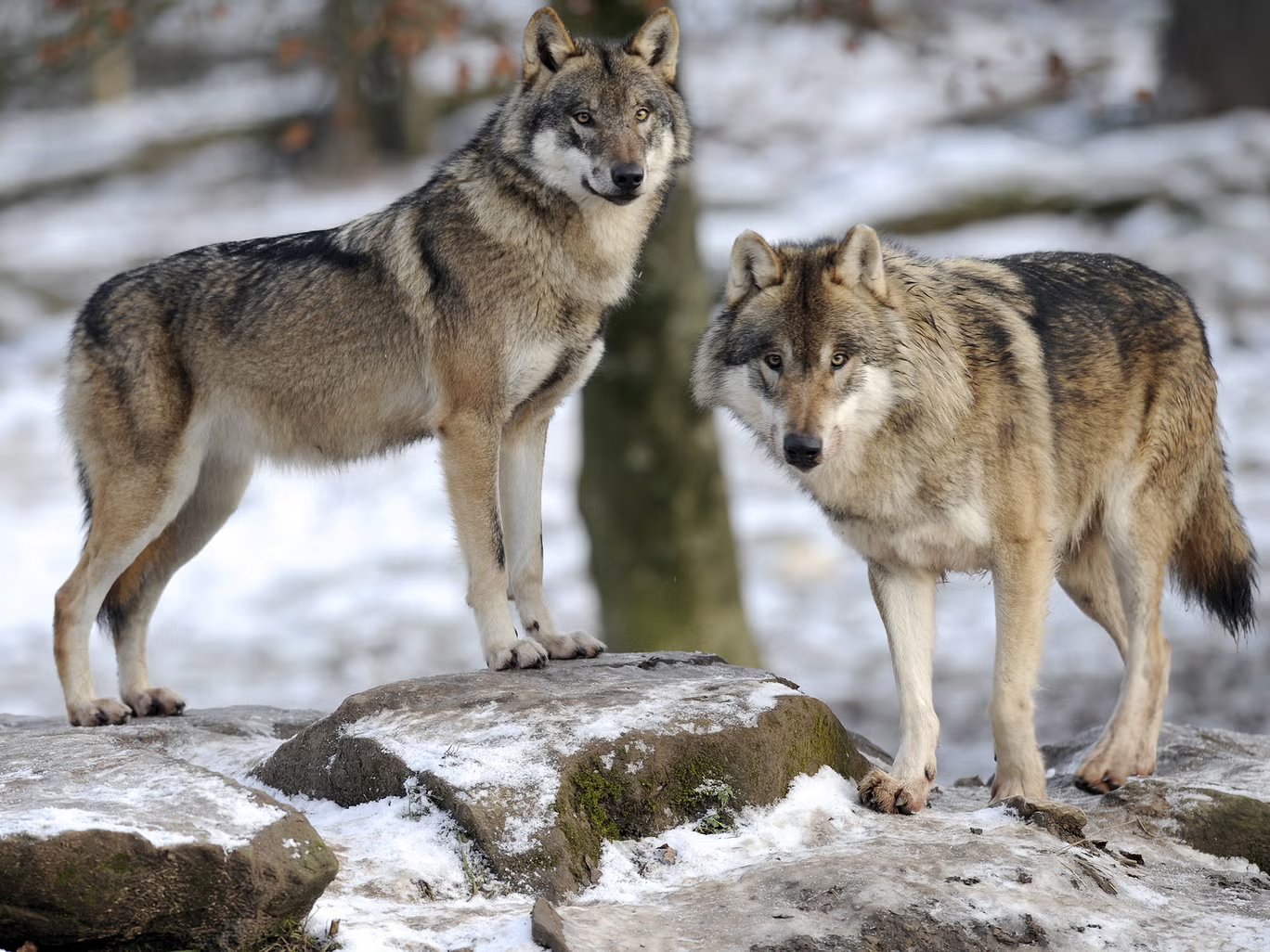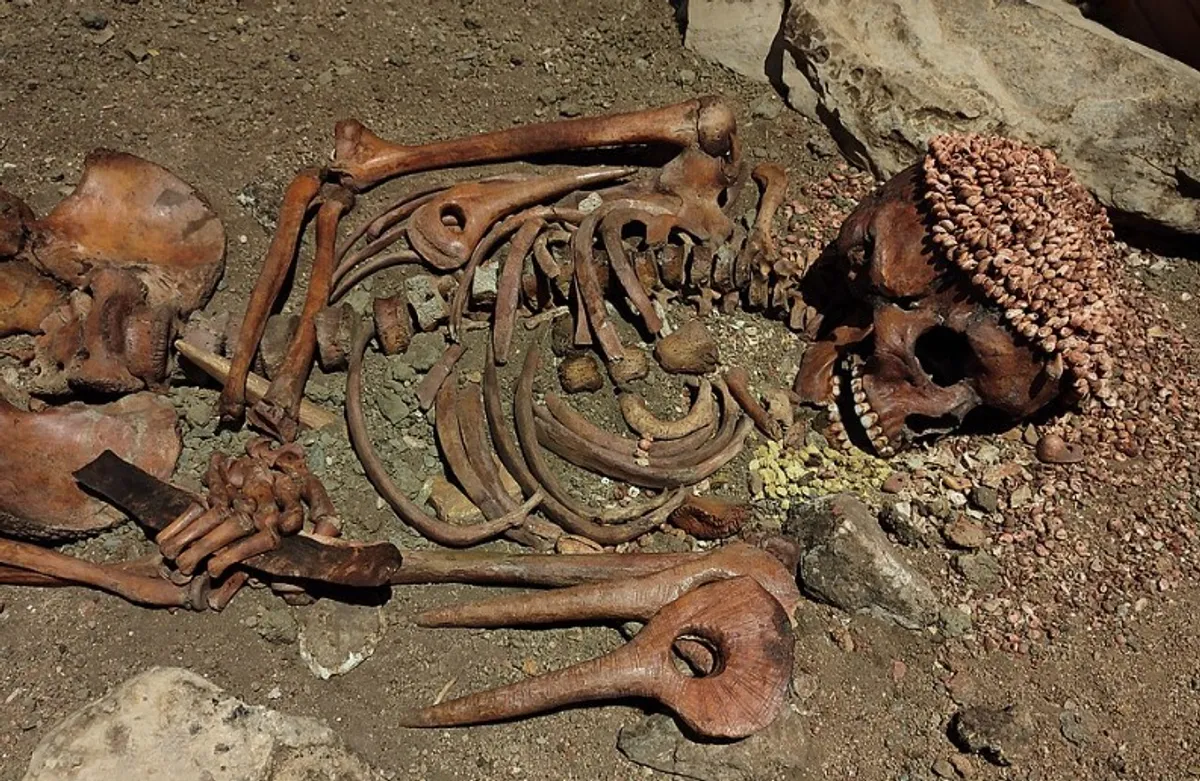Dinosaurs reigned supreme in the prehistoric world for 165 million years before being wiped out by the KT mass extinction event, which saw around 75% of Earth's animals and dinosaurs become extinct. The asteroid impact and vast volcanic eruptions that occurred during this time led to worldwide environmental changes, negatively impacting the plants' ability to photosynthesize and causing ecosystems to collapse. The herbivores starved out, followed by the carnivores, leading to the extinction of the dinosaurs. However, the descendants of prehistoric theropods, our modern-day birds, survived and thrived.
While many dinosaurs were wiped out by the extinction event, some, like sauropods, were too large to evolve back into modern times. Additionally, many of their ancestors are long gone, making it impossible for them to re-evolve. The lack of a supercontinent on the planet also made it difficult for any one group to have entire control over it, meaning that even though mammals became the dominant group, they were not uncontested. Apex reptiles like the Megalania and Quinkana existed alongside prehistoric wombats and kangaroos in Australia, while flightless carnivorous birds like the Terra Birds existed in South America. Overall, the extinction of the dinosaurs was caused by a combination of factors, including the asteroid impact and volcanic eruptions, and their descendants, modern-day birds, survived and continue to thrive.
In this video, we explore the question: Why Didn't the Dinosaurs Ever Re-Emerge?







